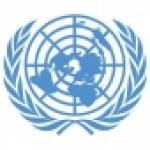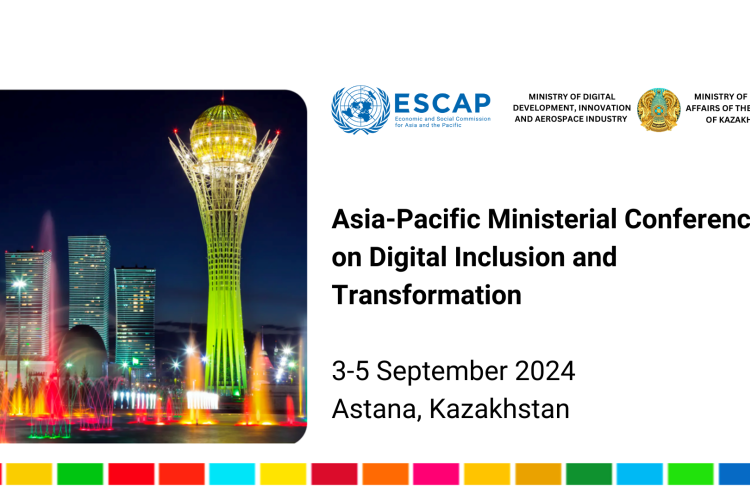State of ICT in Asia and the Pacific 2016
Despite the reported phenomenal growth in information and communications technology (ICT) in Asia and the Pacific, a new study titled “State of ICT in Asia and the Pacific 2016: Uncovering the Widening Broadband Divide”, by the United Nations Economic and Social Commission for Asia and the Pacific (ESCAP), found that broadband capabilities and access are highly concentrated in East and North-East Asia. The report also validated statistically that the gap between the advanced countries and the rest in fixed broadband access is indeed widening over the decade, and until and unless targeted policy interventions are put in place, the trend will continue to the detriment of future development opportunities.
The report revealed that 74.89% of the ESCAP total fixed broadband subscriptions concentrated in East and North-East Asia, followed by South and South-West Asia (9.77%), North and Central Asia (7.68%), South-East Asia (5.74%) and the Pacific (1.93%) according to the 2015 data. Furthermore, over 52.3% of the global fixed broadband subscribers come from ESCAP member States; it is a dramatic increase from 2005 when the region merely constituted 38.1%. However, the report found that less than 2% of the populations had adopted fixed broadband in as many as 20 countries in Asia and the Pacific in 2015, widening the digital divide between high-income and low-income countries at an alarming speed.
Broadband connectivity is a critical foundation for the digital economy and sustainable development in the Asia-Pacific countries. In particular, e-commerce is found strongly correlated with access to fixed broadband connectivity, suggesting that enhancing the ICT infrastructure connectivity will very likely increase business-to-business (B2B) e-commerce in the region. The report also examined emerging trends in developing online content, differential patterns of mobile broadband expansion and usage as well as the impact of regulatory quality and investment on broadband adoption.
The study was undertaken within the framework of the regional broadband connectivity initiative, Asia-Pacific Information Superhighway, in tackling the widening digital divide and in support of the efforts in achieving the Sustainable Development Goals (SDG). The study findings will serve as a basis for the upcoming Committee on Information Communications Technology, Science, Technology and Innovation of ESCAP scheduled on 5-7 October 2016 in Bangkok, Thailand.







